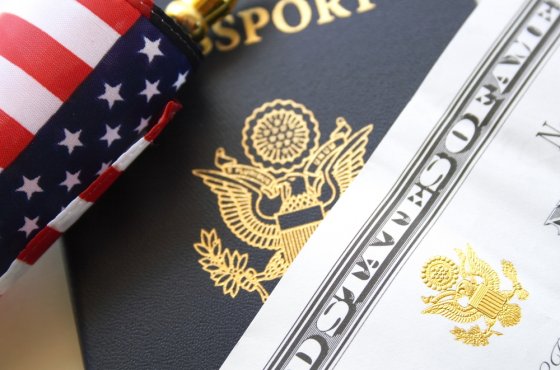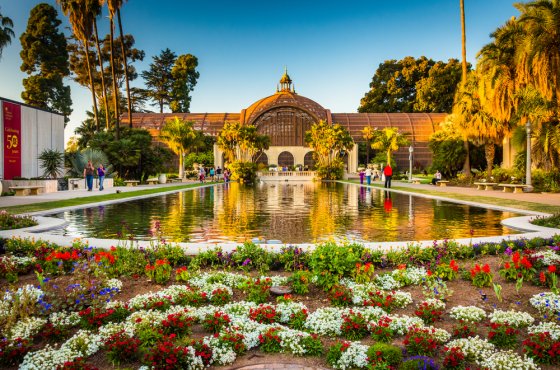Not a single election in Russia led to a change of power: why hold them at all
Elections to the State Duma were held in Russia, and their results did not come as a surprise to anyone. with the BBC.
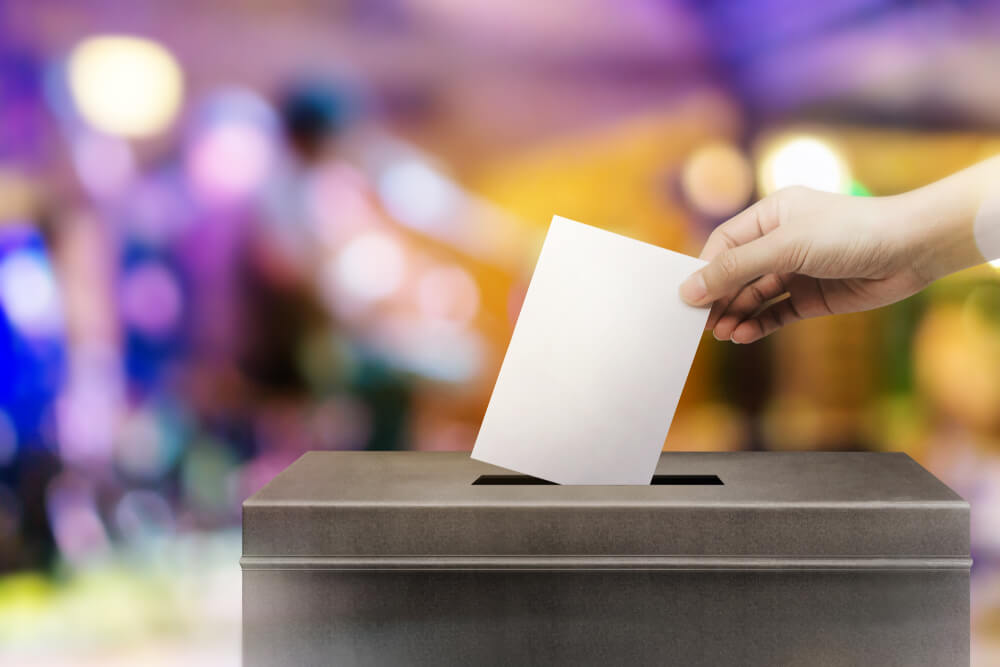
Photo: Shutterstock
The ruling party won a constitutional majority, and opposition candidates did not enter parliament or were not admitted at all to the elections. In the XNUMXst century in Russia, there has never been a change of power through elections. Then why are these elections needed at all?
Even before the elections, the authorities passed several bills that prevented opposition candidates from running. All three days of voting, the CEC brushed aside reports of violations, claiming that these were all intrigues and intrigues of enemies.
Despite the fact that the Russian authorities call their regime free and democratic, Russian and Western researchers classify Russia precisely as an autocracy. However, it is the very fact that direct elections of different levels are held in Russia that allows the Russian authorities to talk about democracy and even compare Russian democracy with Western countries. But in reality, power is controlled by one person, whose decisions are not subject to either external legal restrictions or ordered mechanisms of popular control (with the exception of the possible latent threat of a coup d'etat or popular uprising).
Since the 2000s, the outcome of all elections in Russia has been predetermined: the Freedom House organization, for example, rates electoral freedoms in the country as low as possible. After all, if in some countries regular elections are a tool for changing power, then in others, including Russia, elections do not lead to such a change from time to time.
Loan then hold elections, what's the point
So why do autocracies need elections? Autocracies are political regimes that rely on the unlimited power of one leader or one government body (for example, the presidium of a party).
In the 20st century, a new form of authoritarianism has emerged, built not on mass violence, but on the manipulation of information. Authoritarian regimes today rely on 80% violence and XNUMX% propaganda to maintain their resilience, in contrast to the authoritarian models of the past, where the situation was exactly the opposite, which can get by with minimal violence in the face of moderate economic difficulties. And in case of economic problems, the resource of censorship and propaganda is increased.
New "information" autocracies are better suited to survive in modern society, but economic problems and free access of citizens to information can undermine their power. It is not uncommon for new autocracies to pretend to be democracies by running elections (but the right people almost always win).
There are many autocracies, and their political systems can be very different. These are Islamic monarchies, African dictatorships, and Asian one-party regimes.
In many of them, elections are held: in Saudi Arabia, citizens elect an advisory body under the monarch, in China elections for municipal employees are held, and even in the DPRK people elect parliament (however, there is always only one candidate proposed by the party on the ballot).
Autocracies began to be widely studied after the 90s, when many countries that seemed to have the opportunity for democratic transformation chose a different political path for themselves.
It turned out that of all the autocracies that existed, the most stable were those in which elections were held, and not those where there were no elections, noted the American researcher of autocracies Barbara Geddes.
Professor of the European University in St. Petersburg Grigory Golosov in his book “Autocracy” writes that despite the fact that elections in autocracies do not solve anything, they are nevertheless a necessary condition for the existence of such regimes. And there are several explanations for this.
The fact is that all “unfree” regimes are, in one way or another, afraid of the prospect of a change of power. Therefore, elections in which the autocrat or the ruling party receives a majority of votes have a restraining effect on the opposition or potential internal competitors who may be planning to remove the leader, Golosov notes.
“Nominal democracy” and how the Kremlin manages it
An autocratic leader is the head of state, thanks to his personal qualities and successes, and it is they who serve as the justification for his legitimacy. However, these qualities become even more convincing when the autocrat receives popular support in the elections, which in the eyes of the regime strengthens his own legitimacy, the political scientist continues.
Elections also play an important role in attracting or maintaining regime supporters among political elites. This function of elections in political science is called “co-optation”.
Thus, regional or parliamentary elections are perceived by elites as a way of distributing benefits and leadership positions, which are given as gratitude for the support of the regime.
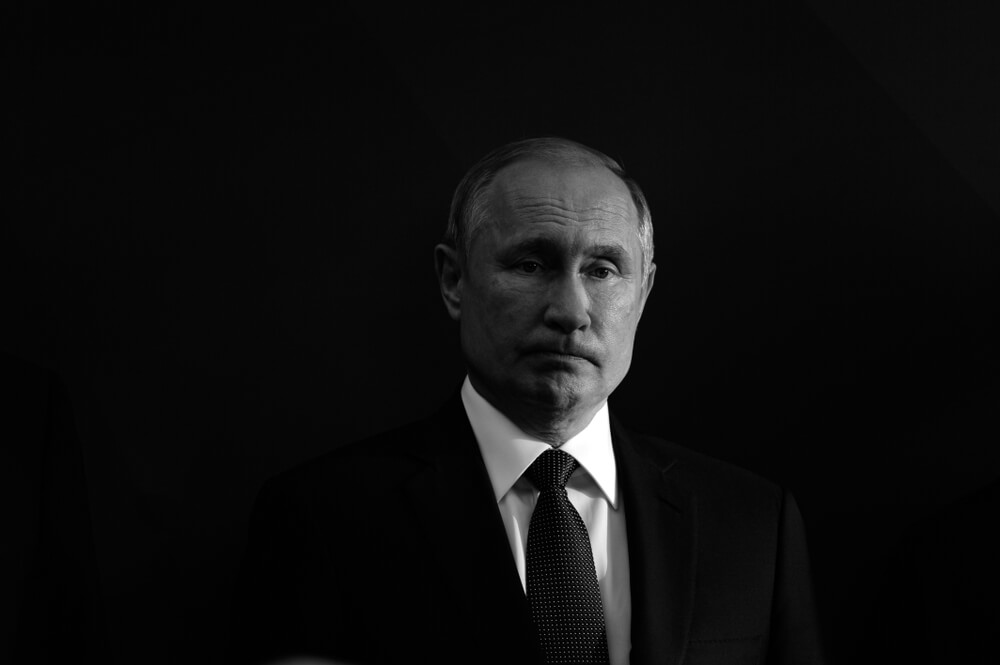
Photo: Shutterstock
This election helps the autocrat maintain ties with his elites, keeping the desertion of the ruling coalition at bay, researchers Jennifer Gandhi and Ellen Lust-Okar write.
Thus, co-optation once again shows politicians and officials that opposition to the regime is not only useless because of strong popular support for the ruling leader, but also materially disadvantageous because the regime rewards and promotes its supporters.
For the same reason, autocracies also need parties that only nominally represent competition, but in fact serve as support for the regime. Once again, it turns out that the presence of a strong and “popular” party only strengthens the position of autocracy, writes Geddes.
This is not because the parties provide the regime with the support of the population, but because the presence of parties complicates the organization of the opposition.
Mass parties in the same way lure their supporters with all kinds of benefits and privileges, it is easier for party leaders to organize various large-scale events in support of the regime and promote political initiatives.
As a result, the number of people whose welfare and position depends on the regime increases again, and for them the preservation of the regime becomes the key to success. Parties “take over” part of the voters and direct them in the direction desired by the ruling regime.
"Actually a business game"
Elections have an informational function in autocracy. They help the autocrat to find out not only the degree of his support and competence among the elites, but also to assess the possibilities and level of support for the opposition in the country. And the opposition also receives information about the political capabilities of the regime during the elections.
On the subject: Post-Soviet country claims that during the entire pandemic there was not a single case of COVID-19: they do not really believe it
“Any parliamentary elections are important because the authorities have no other way to measure the possibility of maintaining control over citizens. There is almost no independent sociology in the country. And elections are such a big social survey and, in fact, a business game, a general test that shows: “What today? What can the authorities squeeze out even in conditions of mass discontent?” said Russian political scientist Alexander Kynev.
The information function of elections is very important for autocracy, since they create a picture, the “appearance of consent” of the people with the regime and, nevertheless, never fully reveal the real degree of support for the autocratic leader.
“The public believes that an autocrat is likely to be popular, but it is not allowed to know whether this is actually the case,” researcher Arturas Rosenas writes in his doctoral dissertation.
This uncertainty plays into the hands of the regime, since it has the ability to control information about the level of its own support and thus exert a demoralizing influence on the opposition.
Rosenas in his dissertation analyzes the statistics of political arrests in the Soviet Union and comes to the conclusion that after the elections to the Supreme Soviet, the political activity of the opposition has always declined.
Therefore, autocrats periodically allow the opposition to participate in elections and may even allow it to win several seats. The presence of the opposition in the elections makes the regime's victory more certain and is also a "safety valve" against the discontent of critics, writes Geddes.
Moreover, when analyzing the stability of autocratic regimes, Rosenas comes to the interesting conclusion that less stable autocracies tend to hold freer and more fair elections, while autocracies that feel confident hold elections more repressively.
The point is that unstable autocracies would rather be replaced by competitors in an election than in a revolution and coup d'état.
And strong autocrats are already confident in their support, so it makes no sense for them to show their weaknesses to the opposition and hold any kind of competitive elections, Rosenas concludes.
If you trust his logic, you can make the unusual conclusion that the more unfree elections are, the stronger and more stable the position of the regime in the country.
Thus, if in democratic regimes elections are needed so that the people have the opportunity to change and control their leaders, then in autocracies, on the contrary, elections help the regime remain in power and control the abilities of the opposition.
What role do elections play in Russia
In Russia, elections emerged as a result of the collapse of the USSR and unsuccessful attempts to transition to democracy in the 90s.
Political scientist Vladimir Gelman in his book “Authoritarian Russia” writes that the Russian authorities decided to abandon free and competitive elections at the beginning of the 2000s, since Yeltsin and his entourage realized the risk of open elections.
Free and competitive elections began to be perceived as a threat to the well-being of the Russian government, the political scientist notes. Therefore, the elections in Russia (especially the first presidential elections in 2000) began to play the role of legitimizing the political decisions already made by the elites.
Elections in Russia not only give Russian leaders political legitimacy, but also allow them to pursue any political course, regardless of the preferences of citizens, Gelman adds. They also serve as a mechanism for changing political elites - for example, when the president appoints a governor before the elections, implying that he will definitely win them. Elections are another apparatus of manipulation under conditions of autocratic government.
The political scientist notes that this configuration of elections can serve the political regime for as long as the Russian elites support this “imposed consensus” and comply with the “rules of the game” that ensure such balance.
Despite the fact that in Russia elections are not free, and the political freedoms of citizens are not respected, the institution of elections itself is quite developed, says philosopher Grigory Yudin.
Elections are held at various levels and with high turnout, in addition, Russia is actively developing electoral tools such as electronic voting, and “if elections are the core of the understanding of democracy, then the Russian system can be called ultra-democratic,” writes Yudin.
“The only way to ensure the coordination of the masses is to give them a unifying symbol; without it they do not constitute any “demos”. It is for this that the leader is responsible, who “produces” the general will, receiving support from the masses for the decision he has formulated,” writes Yudin.
Thus, in the process of elections, both the recognition of the leader by the people and the political manifestation of the people themselves take place.
Thus, for Max Weber, voters do not choose the best candidate for themselves, but are “involved in the process of claiming power” for that politician. This semantic content of elections is called “acclamation” - that is, confirmation of a decision already made by the leader and, as a consequence, confirmation of the power of the leader himself.
Acclamation differs from ordinary elections in that it is a public collective action rather than an individual secret ballot, wrote lawyer and political philosopher Carl Schmitt. Thus, a combination of democratic and monarchical principles occurs, which is also called “Caesarism” - dictatorship on democratic grounds.
Yudin calls this approach to elections “plebescitary democracy” and this is exactly how he describes the current state of Russian politics.
The Russian philosopher is skeptical of the term “hybrid regime”, which many researchers use to describe the political state of Russia. This term refers to countries that contain both democratic (mainly elections) and authoritarian features.
Some researchers believe that such regimes are in a state of transit—that is, transition to democracy. Therefore, the term “hybrid regime” is misleading, Yudin believes. It contains not only the promise of the establishment of “real” democracy in the country, but also reduces democratic values to the presence of elections.
Therefore, the description of elections in Russia as acclamation and plebescitarianism seems to Yudin the most convincing: elections in Russia at any level are not a process of appointment of positions, but symbolic referendums on support of the state system as a whole.
That is why an interesting paradox has developed in Russia, when “it is not the voting results that determine the bearer of power, but the bearer of power determines the voting results.”
Such acclamation of the (Russian) leader by the people implies that he cannot have any real electoral competition, since his ability to represent the “general will of the people” would then be undermined.
Therefore, the nominal opponents of the authorities appear in the elections not as competitors, but as participants in this symbolic demonstration of leadership. There can be no question of any real opposition, since the leader and the people seem to be an indestructible unity.
Therefore, the opposition is seen not as an internal political, but already as a foreign policy problem, since there can be no competitors to the regime within the people, Yudin concludes.
Finally, elections in Russia are now almost the only point of contact between the authorities and ordinary citizens who are far from politics.
“The glorifying people get the opportunity to join in the glory and greatness of power and from this alone experience a sense of self-worth and the joy of unity,” writes political scientist Evgeny Roshchin about acclamation.
"Act of Patriotism"
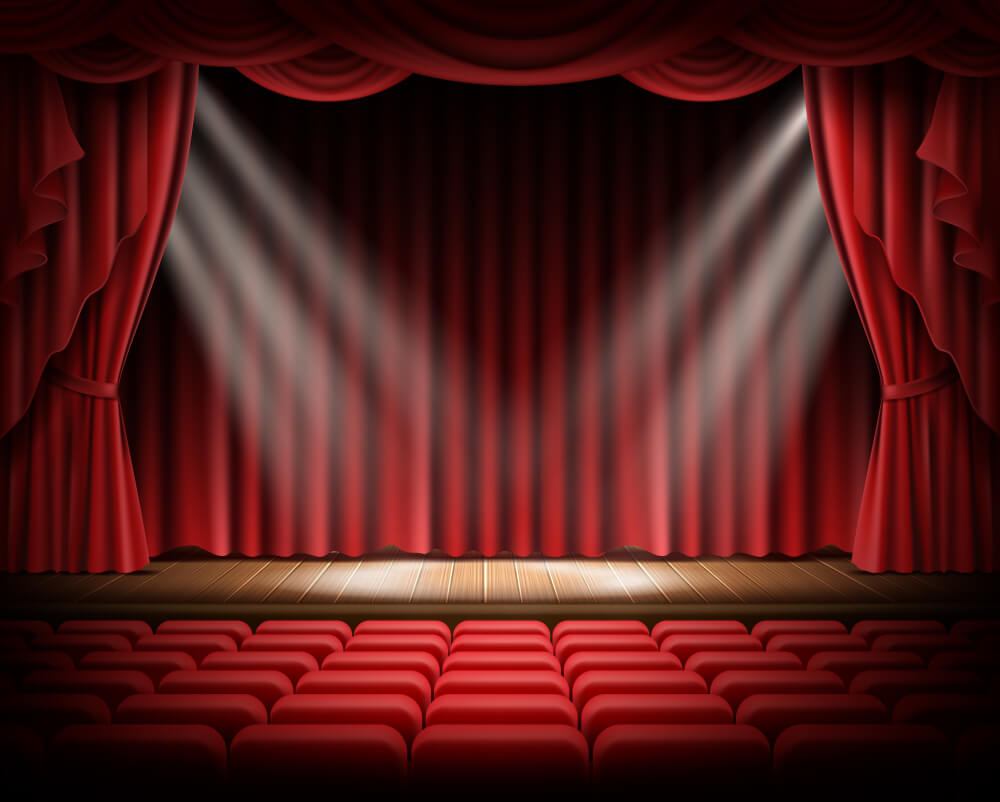
Photo: Shutterstock
Noticing this joy of unity and the traditionally high turnout in the Russian elections, the American researcher Ora Reuters asks the question: why do people go to elections in Russia at all, if the result is always known in advance?
Based on his own and already conducted opinion polls, he finds that most people who go to elections are motivated by a sense of civic duty.
Contrary to popular belief that the majority of voters in elections in Russia do so because they are forced or bought by the authorities, the percentage of such people is quite small (about 5-6%, according to the study).
But it is precisely the sense of civic duty for Russians in elections that turns out to be quite widespread: “Voters know that they cannot influence the result, but they receive a psychological benefit from registering the approval of their side.”
Thus, elections in Russia are seen not as an element of democracy, but as an element of unity. And people do not go to elections because they believe in democracy; while the opposition may just participate in the elections because of the desire to observe democratic traditions. This allows Reuters to conclude that those who support the regime are more likely to vote than opposition supporters.
Participation in elections in Russia thus appears to be an act of patriotism. And those who do not support the government in the country feel alienated from the state and therefore do not believe that they have a moral obligation to participate in the electoral process.
You may be interested in: top New York news, stories of our immigrants and helpful tips about life in the Big Apple - read it all on ForumDaily New York.
Political scientist Grigory Golosov agrees with this. He notes that in the current elections, opposition-minded voters could not be attracted to vote, despite the attempts of Alexei Navalny’s associates, who organized “Smart Voting.”
Golosov believes that these State Duma elections will not significantly change anything in Russian politics, despite the fact that another party, New People, has appeared in parliament, and the Communist Party of the Russian Federation has won more mandates than in the previous convocation.
United Russia still received a constitutional majority, and the entire system remained the same.
The next major campaign in Russia is the 2024 presidential elections, which will again be presented as a referendum of confidence in the authorities.
This means that the opposition will get the next chance to conduct a large-scale and technological campaign only in five years, at the elections to the State Duma of the ninth convocation, Golosov notes.
Read also on ForumDaily:
US will not accept travelers vaccinated with Russian Sputnik
Leading medical journal criticized for describing women as 'bodies with vaginas'
Protecting illegal immigrants and no 'outsiders': California enacted several immigrant laws
Subscribe to ForumDaily on Google NewsDo you want more important and interesting news about life in the USA and immigration to America? — support us donate! Also subscribe to our page Facebook. Select the “Priority in display” option and read us first. Also, don't forget to subscribe to our РєР ° РЅР ° Р »РІ Telegram and Instagram- there is a lot of interesting things there. And join thousands of readers ForumDaily New York — there you will find a lot of interesting and positive information about life in the metropolis.

